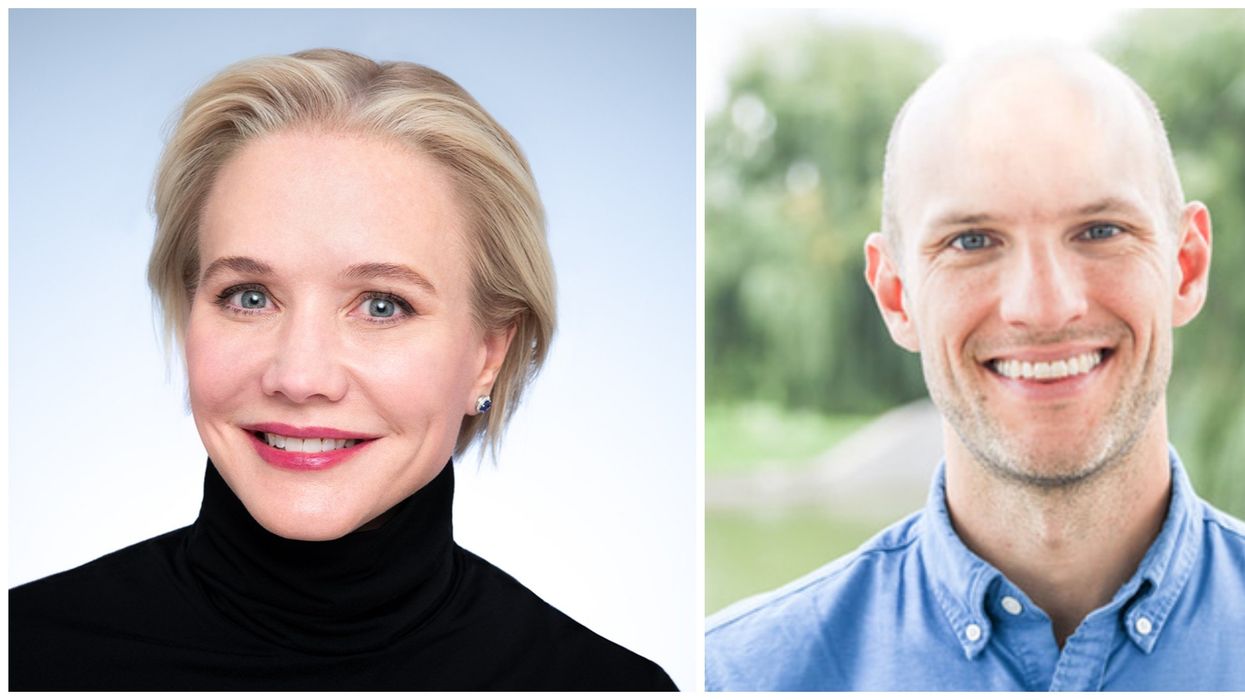In 2009, a small group of individuals observed disturbing changes in the way information is communicated in the United States. They were troubled about the effects of an ever-intensifying polarization on public policy issues. They saw how polarized positions divided friends, families, colleagues, and neighbors, and realized that partisan informational silos were a threat to democracy.
In response, the group launched Network for Responsible Public Policy to provide the stories that would educate, inform, foster civic engagement and generate a sense of shared purpose. More than a decade later, NFRPP continues to build bridges founded on trustworthy information and community.
Recently NRPP hosted a video to educate citizens on what is at the root cause of our political dysfunction (an anti-competitive system) and the solutions.
The webinar was moderated by Kevin Johnson, executive director of Election Reformers Network, a nonpartisan organization dedicated to modernizing U.S. democratic institutions threatened by polarization.
Participating in the discussion were Katherine Gehl and Richard Barton.
Gehl is the founder of The Institute for Political Innovation, a nonpartisan nonprofit founded in 2020 to catalyze modern political change in America, and co-author of “ The Politics Industry: How Political Innovation Can Break Partisan Gridlock and Save Our Democracy.”
Barton is a professor of public administration and international affairs at Syracuse University. His research focuses on election systems, legislative institutions and American political economy. His peer-reviewed publications include “ A Primary Threat: How Ideological Primary Challengers Exacerbate Polarization in Bill Sponsorship ” and “ Upending the New Deal Regulatory Regime: Democratic Party Position Change on Financial Regulation.”
Watch this insightful video to learn about:
- How the existing electoral systems deliberately contribute to gridlock and dysfunction.
- Why competition is crucial in holding elected officials accountable for delivering results.
- How proposed solutions differ.
- The promising governing results that are already being seen.
The Problem With Politics Isn’t What You Think It Is. And Neither Is the Solution.www.youtube.com




















Marco Rubio is the only adult left in the room